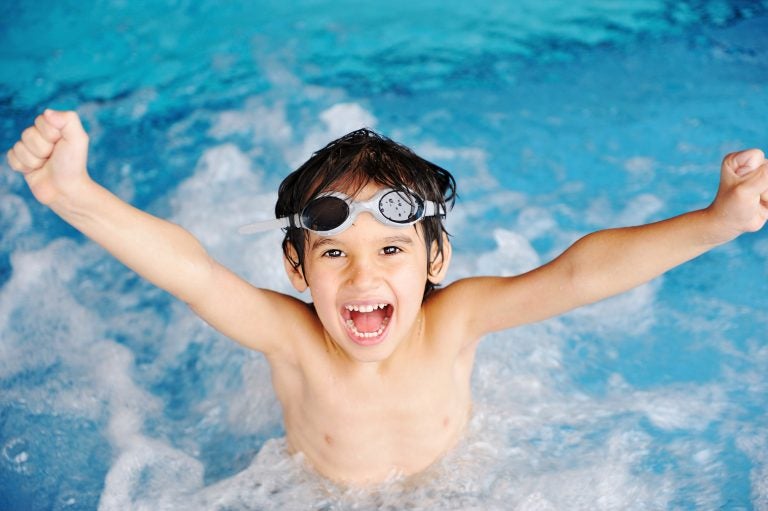Are boys really better at sports?

Photo by www.bigstockphoto.com
Recently, The University of Indiana reported the results of a study it conducted looking at childhood athletic abilities. The study reported that for kids before the age of 8, there is no difference in athletic abilities between boys and girls. Fancy that.
“The study found no difference in swim performance in children younger than 8. It also found little difference in 11- and 12-year-olds. The effects of puberty began showing in the older swimmers, as the boys began experiencing accelerated growth in height, weight and strength typical of age 13 and older”.
If this is true, then why does the myth perpetuate that boys are better than girls in sports? This is such an engrained myth that for many girls, including this writer, sports are a turnoff because, it’s really no fun not to be good at something. This myth also stands as the basis for boys’ sports getting more funding and attention, resources not being given to female athletes, and girls not being encouraged to participate in sports.
Puberty seems to be the great divide. Once puberty kicks in, girls and boys excel in different areas athletically based on their bodies’ changes, such as height and weight fluctuations. Strength of course comes into play, which is related to overall activity.
This makes sense. But it does not mean that boys are actually better in sports in than girls – it means only that they are different.
Billie Jean King started the Women’s Sports Foundation to attract more girls and women to sports. They state it brilliantly when they say:
“When the best of the women’s performance are compared to those of males across all sports, the difference in performance is approximately 10% in favor of males. This is regardless of training and experience. The average difference in size is also about 10%. Sports for males have traditionally accommodated size difference effectively in such activities as wrestling, boxing, crew, etc. The male who wins in the lightest weight class is no less a boxer than the heavyweight. He is admired for his skill and ability in the competitive arena against similar competition; no one would consider pitting him against the heavyweight. We should view the female athlete in the same way and recognize her ability, skill, and accomplishments, rather than comparing her performance to that of the male. In fact, if sports were entirely open, without any stratification or categories by age, sex, size, weight, etc., only the biggest, strongest males would ever get to compete — in anything.”
What if all children were encouraged in sports at those tender ages, learned the love of activity, competition, goals and achievement? And then once the great divide occurred, they were steered into the direction of their natural tendencies to excel. The world would be a more fun, more athletic place.
Northwest Philly Parents is a partnership between Newsworks and Germantown Avenue Parents.
WHYY is your source for fact-based, in-depth journalism and information. As a nonprofit organization, we rely on financial support from readers like you. Please give today.




